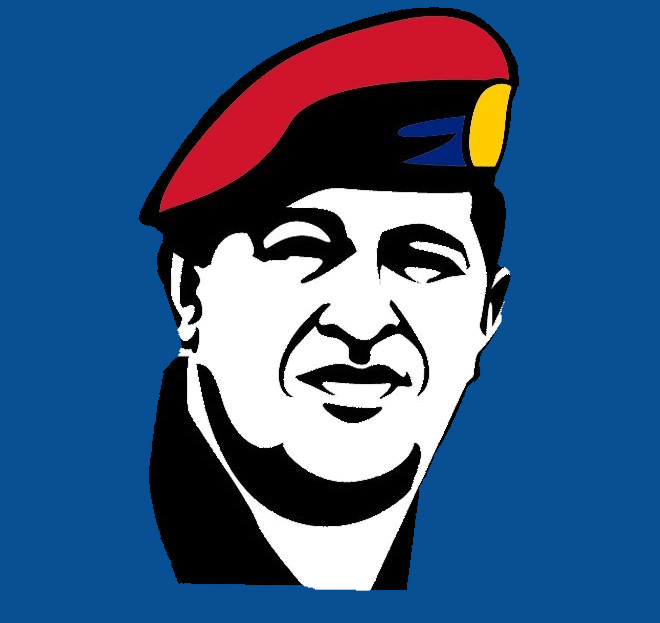Violence and Protests
Policy
United States policymakers embraced what they deemed as “protests” of the Venezuelan people, so long as those movements went against Hugo Chavez and were in the American political interest. During these times, the U.S. government fancied itself as a true supporter of the “Venezuelan people” against their strongman oppressors. U.S. leaders were perpetuating the ideas laid out in Rudyard Kipling’s “The White Man’s Burden.” It was the burden of white Americans to save the Venezuelan people from a leadership they were too unsophisticated to upend themselves. In its place, U.S. officials would impose the “enlightened” governing structures of the West to save the “poor,” “exotic” Venezuelans from themselves. Chavez and the ideals he espoused were too uncivilized to represent the will of the people, and it was the obligation of U.S. policy to bring the superior American democracy, ideals of individual freedom, and capitalism to the strange land of Venezuela. This U.S. support only came to Venezuelans perpetuating views that aligned with American interests. Those who promoted alternative ideas were categorized as “violent” and “threatening.” An essential component of Audre Lorde’s exoticism and Edward Said’s orientalism is the notion that the “other” is violent and untamed. U.S. policymakers deemed Venezuelans who advocated for ideas that were not expressly in the American national interest as violent belligerent, thus othering them, oppressing them, and lowering them to the status of barbarians and thugs.
